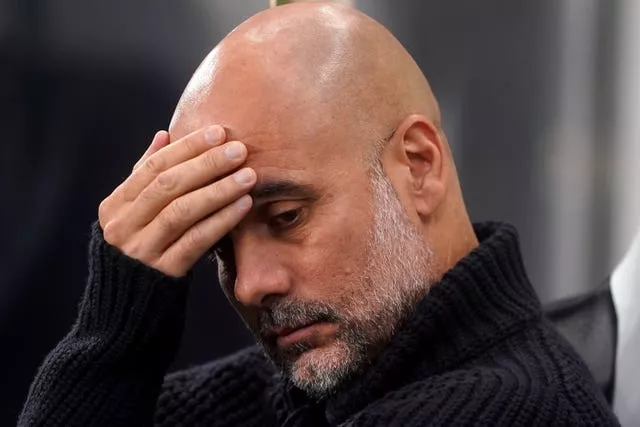The recent Alabama Supreme Court case, LePage, et al. v. The Center for Reproductive Medicine, P.C., and Mobile Infirmary Medical Center, has caused much anguish for those concerned with in vitro fertilization (herein IVF). My purpose here is to explain the logic of the majority opinion.
This is a case of defining the textual language of Alabama’s Wrongful Death of a Minor Act of 1872 (herein the Act). There was no policy analysis. Wrongful death is where the plaintiff sues for damages arising from another person’s death. Plaintiffs here were would-be parents of embryonic children created by IVF and kept alive in a “cryogenic nursery” while they await implantation. The mother’s eggs and the father’s sperm had been joined outside of the mother’s body, i.e., in vitro. The LePage’s had two such embryos, A and B, being kept alive in the nursery. Being held outside of the mother’s body, they were “extrauterine.” Their extrauterine “children” were accidentally killed.
The behavior that caused the deaths was done by a patient at the hospital who wandered through an unlocked door, removed some embryos, and accidentally dropped them on the floor, killing them. Plaintiffs complained defendants were negligent in failing to secure the nursery. Plaintiffs brought two actions, one under the Act and another based on common law negligence.
Because the negligence claim was a backup, the Court relied upon the Act. Since plaintiffs won under that statute, the Court dismissed the negligent claim as moot. The simple question was whether the Act excluded extrauterine embryos from coverage. The Court held that there was nothing in the textual language of the Act to cause them to be excluded. Therefore, plaintiffs could bring suit. (I’m sure in 1872 they were not thinking about extrauterine embryos).
In an Alabama precedent, Mack v. Carmach (Ala. 2011), the Court had held that the unborn child qualifies as a “minor child” under the Act “regardless of that child’s viability or stage of development.” This view was reaffirmed a year later in Hamilton v. Scott (Ala. 2012). All of the parties to the case accepted these precedents that “the ordinary meaning of ‘child’ includes children who have not yet been born.”
This applies to the statute created in 1872: “[t]he parties have given us no reason to doubt that the same was true in 1872, when the Wrongful Death of a Minor Act first became law.” The Court cited the leading dictionary of the time, and 18th century Blackstone’s Commentaries, the “leading authority on the common law,” which grouped the rights of the unborn with the “Rights of Persons.” The Court also cited the recent Dobbs v. Jackson Woman’s Health Organization (2022) which overturned Roe v. Wade (1973): “that even as far back as the 18th century, the unborn were widely recognized as living persons with rights and interests.” (Quotation from the Alabama case).
The Court cited the Alabama Constitution: “Even if the word ‘child’ were ambiguous…the Alabama Constitution would require courts to resolve the ambiguity in favor of protecting unborn life.” The Court concluded: “…the People have adopted a Constitutional amendment directly aimed at stopping courts from excluding ‘unborn life’ from legal protection. Art I, Section 36.06. Ala. Const. 2022.” The conclusion is that there is not an “unwritten exception for extrauterine children in the wrongful-death context.”
The Court recognizes there are weighty policy concerns. There is the deterrent effect of the Court’s ruling. If extrauterine children are covered by wrongful death law, such accidents as dropping a container of embryos could lead to prohibitive financial costs. The ending of IVF services would be a grave loss for parents-to-be, who cannot normally have children based on cancer, age, or infertility. (Dissent).
The key is separation of powers. The Court stated that “… policy-focused arguments belong before the Legislature, not the Court.” The Court cited Justice Samuel Chase in an 1800 U.S. Supreme Court opinion: a court should conform to the legislature “’without indulging a speculation, either upon impolicy, or the hardship of the law’.” Ultimately, the Court is inviting the political organs to make comprehensive statutory law in the IVF area, for example, determining whether the extrauterine child should be excluded from the Act. These are moral and ethical questions of great importance and difficulty which belong to the People’s representatives in the lawmaking branches of government.
— James W. Pfister, J.D. University of Toledo, Ph.D. University of Michigan (political science), retired after 46 years in the Political Science Department at Eastern Michigan University. He lives at Devils Lake and can be reached at jpfister@emich.edu.
This article originally appeared on The Holland Sentinel: James Pfister: Extrauterine children and separation of powers
Signup bonus from





